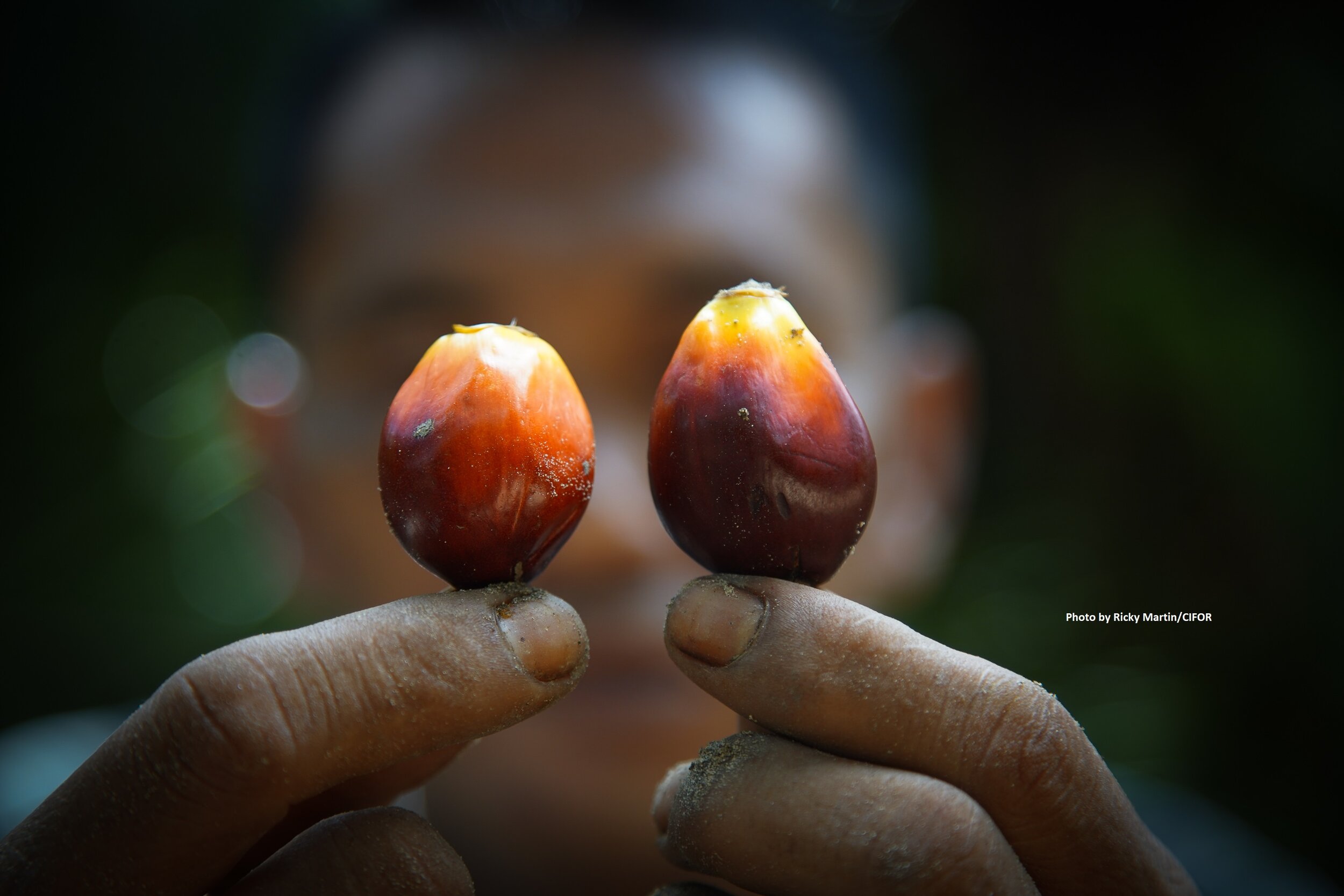
About the RSPO
The Roundtable on Sustainable Palm Oil (RSPO)
Founded in 2004, the Roundtable on Sustainable Palm Oil (RSPO) is a non-profit bringing together all stakeholders of the palm oil industry: oil palm producers, processors or traders, consumer goods manufacturers, retailers, banks and investors, and environmental and social non-governmental organisations. The RSPO has developed a set of environmental and social criteria which companies must comply with in order to produce Certified Sustainable Palm Oil (CSPO). When they are properly applied, these criteria can help to minimise the negative impact of palm oil cultivation on the environment and communities in palm oil producing countries. The RSPO has more than 5,000 members worldwide who are committed to produce, source, and / or use sustainable palm oil certified as sustainable under the RSPO standards.
RSPO Supply Chains Explained
Identity Preserved
Sustainable palm oil from a single identifiable certified source is kept separately from ordinary palm oil throughout supply chain.
Segregated
Sustainable palm oil from different certified sources is kept separate from ordinary palm oil throughout supply chain.
Mass Balance
Sustainable palm oil from certified sources is mixed with ordinary palm oil throughout supply chain.
Credits
The supply chain is not monitored for the presence of sustainable palm oil. Manufacturers and retailers can buy Credits from RSPO-certified growers, crushers and independent smallholders.
RSPO Principles & Criteria
In 2018, the RSPO ratified its standards, otherwise known as Principles & Criteria, by which members must abide to be certified sustainable. This ratification reflects the most stringent environmental and social policies within the palm oil industry.
Impact Goal Prosperity:
Competitive, Resilient and Sustainable Sector
Principle 1: Behave Ethically and transparently.
Principle 2: Operate legally and respect rights.
Principle 3: Optimise productivity, efficiency, positive impacts and resilience.
Impact Goal People:
Sustainable livelihoods and Poverty Reduction
Principle 4: Respect community and human rights and deliver benefits.
Principle 5: Support smallholder inclusion.
Principle 6: Respect workers’ rights and conditions.
Impact Goal Planet:
Conserved, Protected and Enhanced Ecosystems that Provide for the Next Generation
Principle 7: Protect, conserve and enhance ecosystems and the environment.
To learn more about the RSPO’s 2018 Principles and Criteria, click here.

Smallholder Inclusion
Smallholders, by definition, are farmers with less than 50 hectares of oil palm which often represent their main form of income. The RSPO is dedicated to including smallholders within the RSPO system to both improve smallholders’ lives and the planet.







